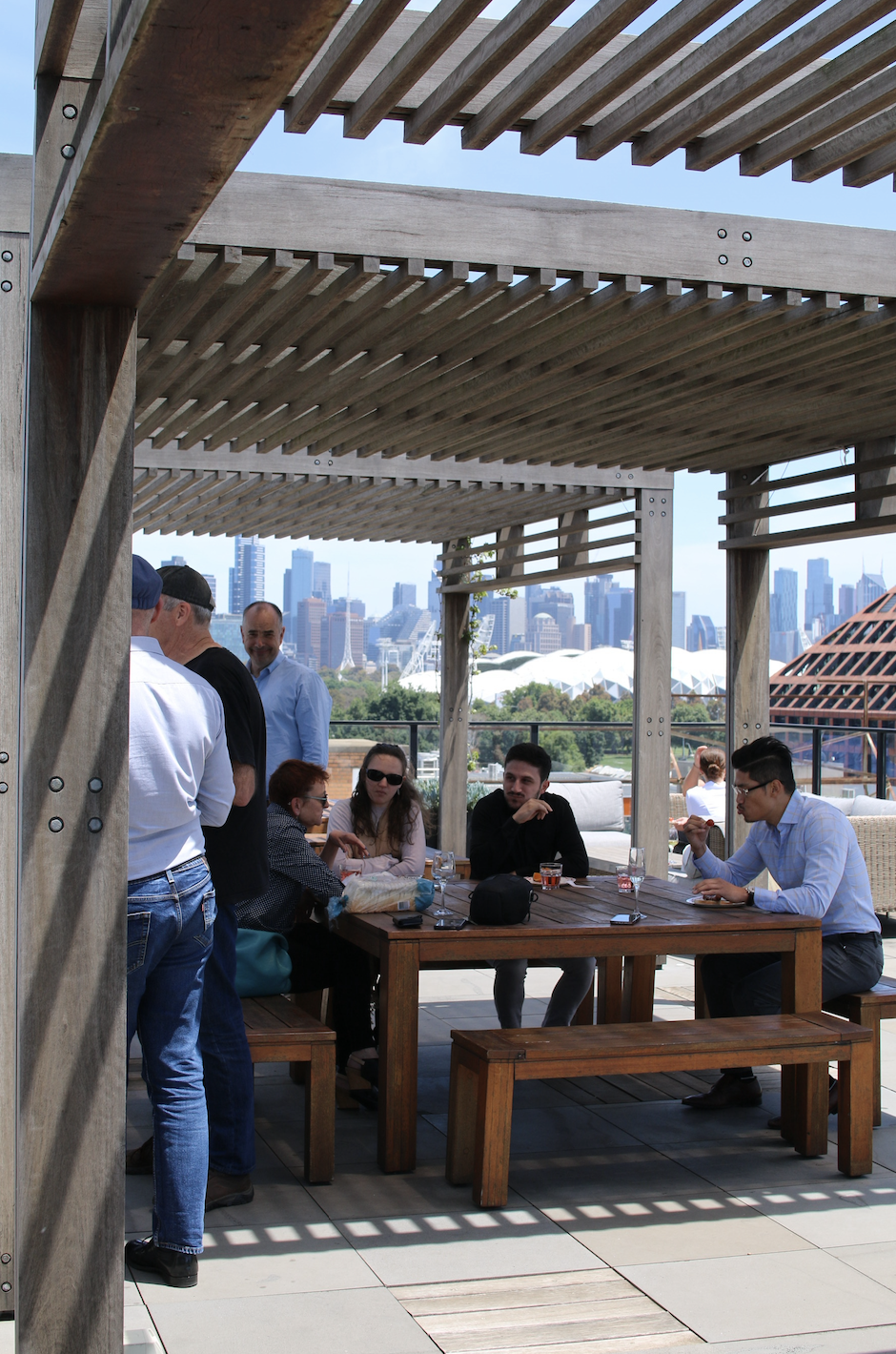You've tried everything. The mandates. The free lunches. The "collaborative culture" speeches. Your Melbourne team still isn't biting.
Here's what you probably got wrong: it's not about them being lazy. It's about where you're asking them to go.
1. They're just a desk number
That shiny corporate coworking space with 2,000 desks? Your employees aren't building community. They're becoming invisible.
British anthropologist Robin Dunbar proved it: the human brain can only maintain meaningful relationships with about 150 people. Beyond that, everyone becomes a stranger.
In a massive facility, your team sees rotating faces they'll never encounter twice. No Sarah to ask about their project. No Mark who knows their name. Just constant anonymity.
In smaller communities, the maths changes. Groups under 150 connect naturally every 12 days. They see familiar faces. They don’t have to reintroduce themselves. They belong.
2. The space doesn't know them
Generic coworking chains are designed to appeal to everyone. Which means they appeal to no one. Beige walls. Identical desks. Akitchen that smells like everyone's lunch.
When a space doesn't care about you specifically,why should you care about showing up?
A boutique coworking space that knows your team's names, understands their business, and invests in their success sends a different message entirely. They're not renting a desk. They're joining a community.
3. You're mixing your team with the wrong people
A generic Cremorne coworking space or large Melbourne chain puts your established financial services firm next to 25-year-old startups, freelancers and rotating tenants. Different cultures. Different rhythms. Different values.
Your team doesn't benefit from forced proximity to anyone. They benefit from being surrounded by peers. Other established businesses where collaboration makes sense. Where real partnerships form.
When your team shares a space with the rightpeople, the environment naturally shifts from transactional to relational.
4. Home already won on consistency
Home offers comfort. Your team sees the same coffeemaker, the same desk, familiar surroundings every single day. The office needs to beat that.
Large coworking chains can't. The people sitting near your team today probably won't be there tomorrow. No consistency. No repetition. No chance to build trust.
Psychological safety comes from familiarity. Astable, boutique community embraces this. Your team sees the same people everyday and real relationships develop. Suddenly the commute becomes worth it.
5. They want belonging, not just access
Your team doesn't want access to 500 coworking locations worldwide - they want to feel like they belong somewhere specific.
A space designed for connection, not maximum occupancy, changes everything. Showing up becomes about coming to a place where they're recognised. Where relationships exist. Where there's a real reason to be present.
Your team stops being employees and becomes part of something real.
So, what now?
Stop fighting human psychology. Start working withit.
Put your team somewhere designed for connection.Somewhere under that critical 150-person threshold where genuine friendships naturally form. Somewhere they'll see familiar faces daily. Somewhere run by people invested in making it work, not following a corporate playbook.
Your team doesn't need another coworking chain.They need one great space where showing up feels worthwhile.
Book a tour of collective_100 as your first step to getting employees back into the office.




.svg)
